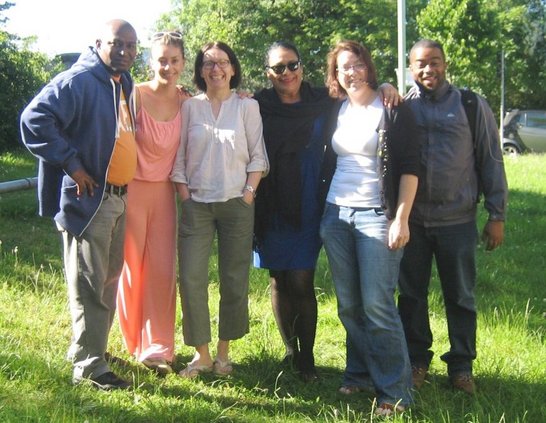Strengthening of local Research Capacities at the Bluefields Indian and Caribbean University, Nicaragua to confront the effects of Climate Change

Project Coordinator: Romero Ebanks
Coordinating Institution: Bluefields Indian And Caribbean University, BICU
Partner Institutions: University of Natural Resources and Life Sciences, BOKU (Maria Wurzinger)
Cooperating Institution: Horizont3000
Partner Countries: Nicaragua
Project Duration: 1st of January 2015 – 30st of September 2018
Abstract
The Caribbean Coast of Nicaragua is one of the most vulnerable regions related to the negative effects of climate change worldwide. In addition, human capacities to design adaptation and mitigation strategies are still very limited. In order for the region to be able to adapt to the significant changes in the regional climate and its effects on the different vital sectors (agriculture, fisheries, forestry, tourism, health), there is an urgent need of local scientific information that can serve as a base for decision-making regarding the adaptation to climate change.
Because of the substantial lack of climate data and research in climate and resilience in the Caribbean Region of Nicaragua, the Bluefields Indian and Caribbean University (BICU) plans to install a Climate Change Observatory (CCO) at the central campus in Bluefields that will serve as a local platform for climate change research and information.
BICU identified limitations in the technical and methodological capacities in climate literacy, research and monitoring within its technical, academic and scientific staff. Therefore its students and graduates are not sufficiently equipped with technical and research skills to address climate change relevant topics. Additionally, basic scientific equipment for training and investigation purposes related to Climate Change is currently not available at the university.
- Within this project the project consortium aims to build local scientific capacity at BICU with the support and guidance from the University of Natural Resources and Life Sciences (BOKU). BOKU can help to elaborate a climate research agenda for the CCO. This agenda focuses on traditional indigenous and afro descendant knowledge, gender issues, as well as on mainstreaming climate change in BICU's academia and environmental policies.
- BICU aims to strengthen its institutional capacities and position itself as an organization of reference in climate change related topics.
- With these capacities BICU will be able to provide guidance and assistance to local authorities for policymaking and strategic planning, prepare students for their professional challenges related to climate change and develop innovative community based adaptation solutions, based on local scientific information.
